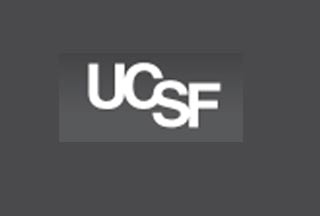
While conducting the research, rats were trained to drink large amounts of alcohol. Once provided with chlorzoxazone, the drug seemingly activated the SK-type potassium channel in neurons, making the neurons less excitable. Such an action taking place within the nucleus accumbens, a brain region, supposedly has an impact on craving for alcohol and other addictive substances. The action triggered by chlorzoxazone allegedly occurs in both humans as well as rodents. Since the FDA-approved medication decreases neuronal excitability, the nucleus accumbens are responding less to the stimulation provided by alcohol.
It was predicted that when the rats’ remaining SK channels were activated, the excitability of the nucleus accumbens was reduced. In such circumstances, alcohol addiction is curbed in heavy-drinking rats. Woody Hopf, PhD, an associate investigator at Gallo and an assistant adjunct professor of neurology at UCSF, who is the lead investigator and colleagues believe that chlorzoxazone is a promising alcohol-abuse medication.
The research was published online on January 3, 2011 in Biological Psychiatry.
